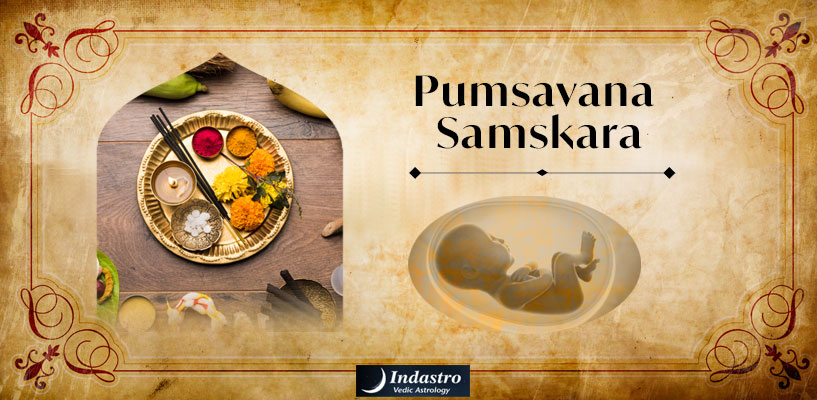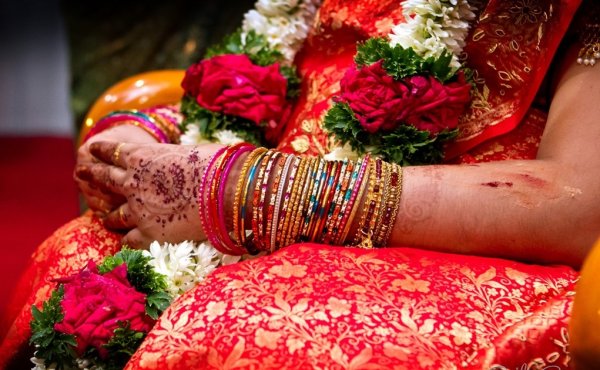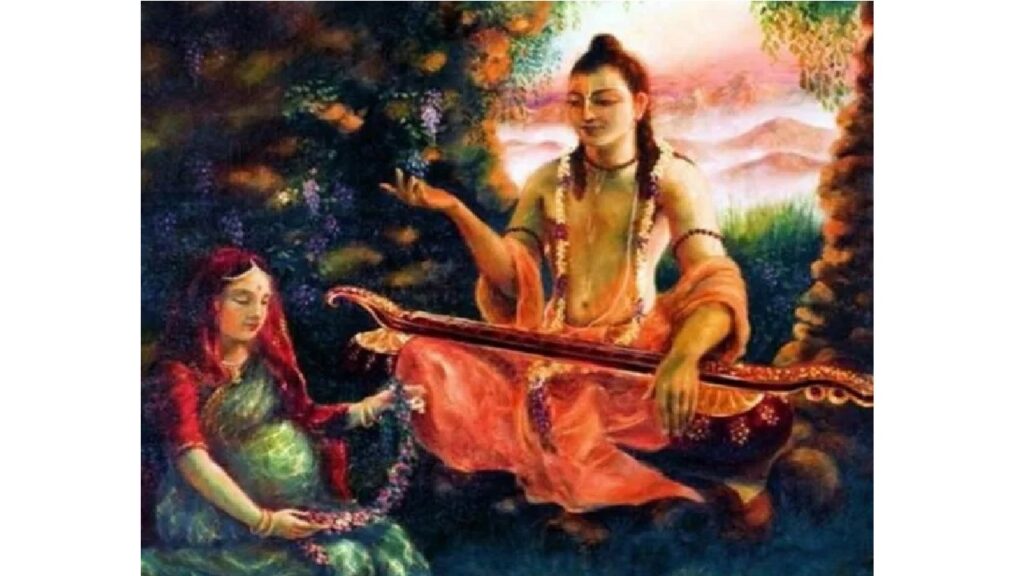Introduction: Pregnancy is a sacred and transformative journey in the life of a woman, and Hinduism, one of the world’s oldest religions, has a rich tapestry of rituals and traditions to guide and support expectant mothers during this crucial phase. These customs not only offer physical and emotional well-being but also spiritual strength. In this article, we will delve into the various steps and significance of Hindu rituals and traditions during pregnancy.
Step 1: Pumsavana (Conception Blessing):

The journey of Hindu pregnancy rituals begins even before conception. Pumsavana is the first significant step, involving a ritual to seek the blessings of the Divine for a healthy and virtuous child. Couples often visit a temple or perform a special puja (prayer) to invoke blessings from their chosen deity. This ritual is believed to purify the parents’ minds and bodies, ensuring a virtuous lineage.
Step 2: Garbhadhana (Conception):
Once pregnancy is confirmed, the Garbhadhana ceremony takes place. It is a sacred ritual that marks the moment when the soul enters the womb of the mother. This ceremony involves prayers, mantras, and offerings to invoke divine guidance and protection for the growing fetus. It also emphasizes the importance of a harmonious relationship between the parents.
Step 3: Simantonnayana (Hair-Parting Ceremony):

Around the fourth or fifth month of pregnancy, the Simantonnayana ceremony is performed. During this ritual, the husband carefully parts his wife’s hair to signify the beginning of a new chapter in their life as parents. It is believed that this act connects the child to the cosmic energy, ensuring a positive impact on their physical and mental development.
Step 4: Baby Shower (Godh Bharai):

In the seventh month, a baby shower, known as “Godh Bharai,” is organized to celebrate the impending arrival of the baby. Friends and family gather to bless the expectant mother, offer gifts, and share in her joy. It is a time for prayers, songs, and games, fostering a sense of community support and love.
Step 5: Prenatal Yoga and Diet:

Throughout pregnancy, Hindu traditions emphasize the importance of maintaining physical and mental well-being. Prenatal yoga, or “Garbhini Yoga,” is encouraged to ensure flexibility and strength for the expecting mother. Additionally, a balanced diet is crucial, incorporating foods that are considered sattvic (pure and wholesome) to nourish both the mother and the baby.
Step 6: Daily Prayers and Mantras:
Expectant mothers are encouraged to engage in daily prayers and mantras. Chanting specific mantras like the Garbha Sanskar mantra is believed to have a positive impact on the baby’s mental and spiritual development. It also helps in creating a calm and positive environment for both mother and child.
Step 7: Reading Sacred Texts:
To instill moral values and spiritual wisdom in the unborn child, Hindu mothers are advised to read or listen to sacred texts, such as the Bhagavad Gita, Ramayana, or Mahabharata. This practice is believed to enhance the baby’s knowledge and consciousness even before birth.
Step 8: Naming Ceremony (Namkaran):

After the baby is born, a naming ceremony known as “Namkaran” is performed. A priest is usually invited to conduct the ceremony, during which the baby’s name is chosen based on astrological and spiritual significance. The chosen name is believed to influence the child’s life path.
Conclusion:
Hindu rituals and traditions during pregnancy are deeply rooted in spirituality and tradition. They serve to guide and support expectant mothers physically, emotionally, and spiritually, fostering a sense of connection to the divine and the community. These rituals not only prepare the mother for childbirth but also create a strong foundation for the child’s future, emphasizing the importance of values, spirituality, and a harmonious family environment.


